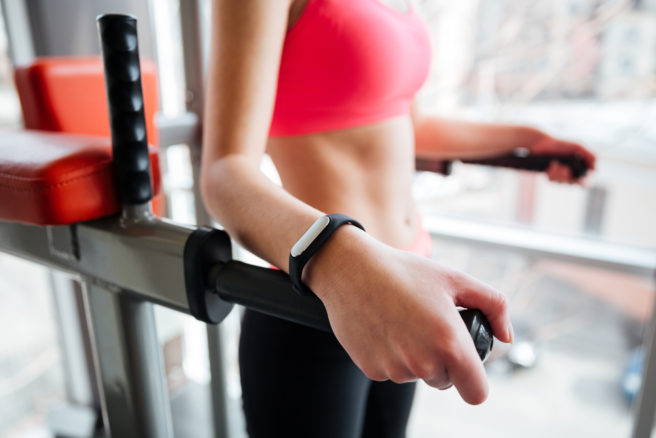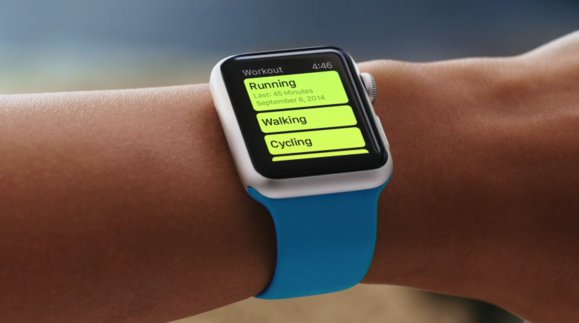
Study finds fitness trackers to be inaccurate when measuring calories
Fitness trackers promise a lot of things.
More energy, better sleep, weight control – but do they really live up to the hype?
Well, a new study has revealed that while the devices are effective in monitoring heart rate, they may not be quite as reliable when it comes to keeping track of calories burned.

Researchers from the Stanford University put seven of the most popular fitness tracking devices to the test, comparing their data with ''gold standard'' laboratory measurements.
According to The Guardian, co-author of the study, Euan Ashley said, “We were pleasantly surprised at how well the heart rate did – under many circumstances for most of the devices, they actually did really quite well.”
“At the same time we were unpleasantly surprised at how poor the calorie estimates were for the devices – they were really all over the map.”
Scientists examined seven wearable trackers, with 31 men and 29 women each wearing multiple devices while performing various levels of physical activity.
The data was then extracted and compared to the ''gold standard'' lab measures.
The Apple Watch was found to give the most accurate readings with a median error rate of just 2 per cent, while the Samsung Gear S2 performed the worst with a median error in heart rate of 6.8 per cent.

Researches say the findings may have consequences for those who rely on fitness trackers for an accurate measure of their health.
“When you consider that people are using these estimates to essentially make lifestyle decisions like what they are going to eat for lunch then I think that is something that is worth knowing and people should know to take these estimates with more than a pinch of salt,” said Euan.
So basically, make healthy choices, exercise regularly and don't take your fitness tracker too seriously.









